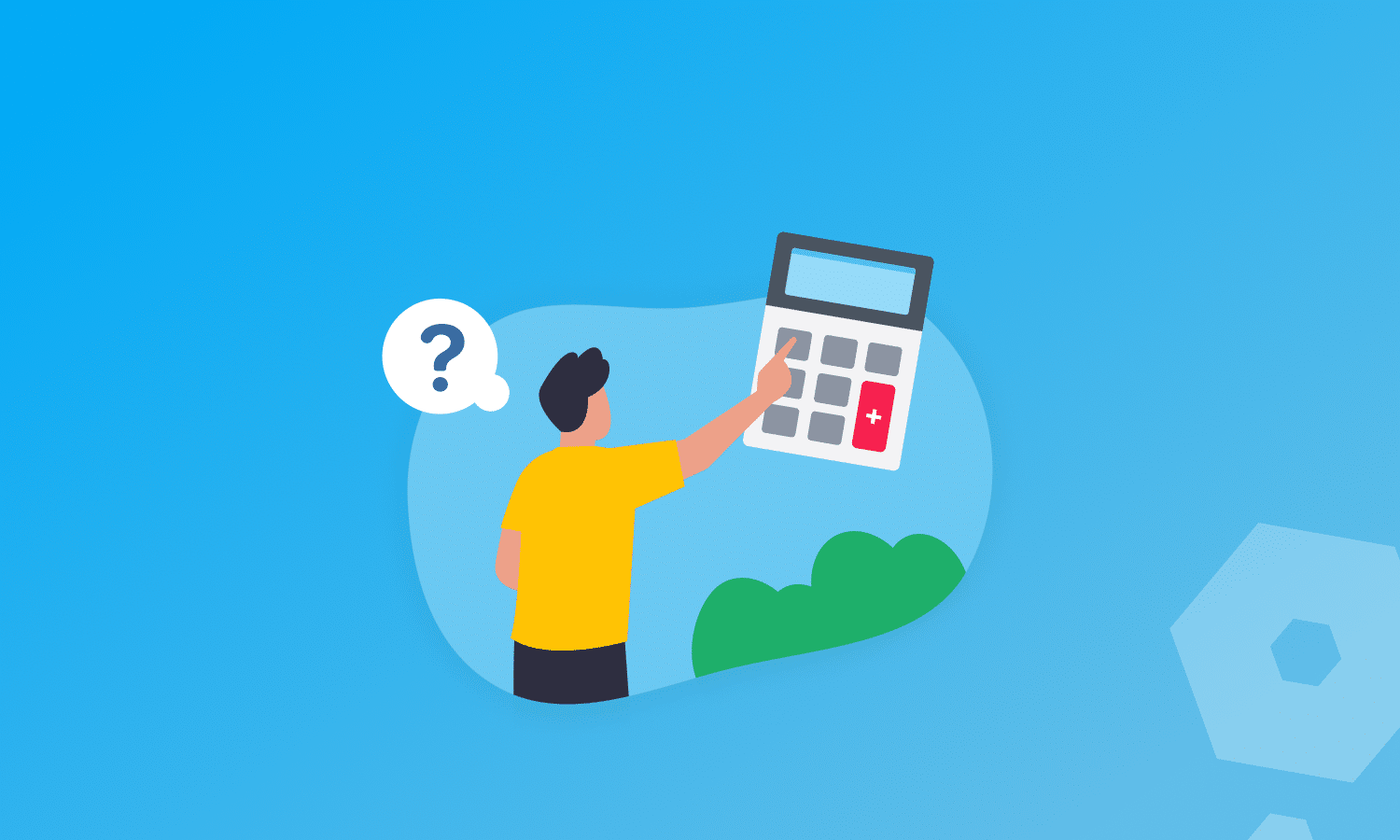When you start a business, whether it’s on your own as a freelancer, with someone else in a partnership, or as a limited company, you’ll need decent bookkeeping processes in place to keep the cogs turning.
But where do you start if you aren’t entirely sure what bookkeeping is, or how it works?
We’ll guide you through what businesses need to do to comply with their bookkeeping responsibilities, why it’s important, and ways to complete your bookkeeping successfully.









